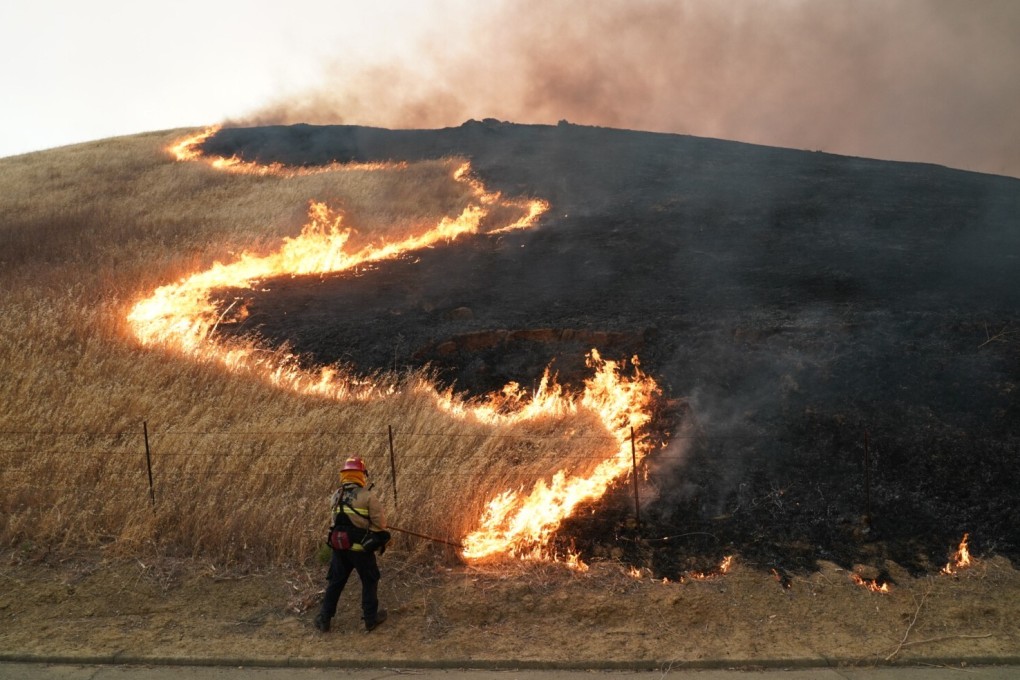Advertisement
Coronavirus, climate change and Trumpian politics affect us all and put a heavy burden on American voters
- The Covid-19 pandemic adds to the challenges of a world only just beginning to see the ravages of climate change
- Meanwhile, the US president’s hint that his administration might not abide by the results of the November election threatens democracy and could have global consequences
Reading Time:4 minutes
Why you can trust SCMP

My sense is that this weekend was a watershed. As the US Democratic Party Convention marked the earnest beginning of three months of unrelenting political warfare, and a serious challenge to the integrity of the democratic process, it seems we are slipping into a world, the likes of which we have never previously experienced.
I am not just talking about the Trumpian virus that has infected – and threatens – the world’s strongest and most vital economy and the iconic champion of cherished democratic principles. I am talking about the no-longer-novel coronavirus that haunts every corner of the world except Antarctica and seems likely to transform the world as we have known it for at least a century.
I am also talking about extraordinary weather events erupting worldwide that stand as harbingers of a climate crisis that is yet to fully unleash itself on us.
Advertisement
It is a world dangerously populated by Nassim Nicholas Taleb’s “white swans” and “black swans”, the “known unknowns” and “unknown unknowns” which are infamously difficult to anticipate, and wreak immeasurable harm on even the most robust among us.
Across the world, temperatures have risen to levels never previously recorded. In the aptly named Furnace Creek in California’s Death Valley, a temperature of 54.4 degrees Celsius was recorded last week – the highest ever reliably recorded worldwide. California’s season of grim wildfires has already begun.
Advertisement
Meanwhile, from Taipei to Cyprus, from Madrid to Ottawa, meteorological offices have been recording the highest temperatures since records first began, often back into the 1880s. A heatwave in Siberia reached 38 degrees, triggering extensive wildfires in the Russian Arctic.
Advertisement
Select Voice
Select Speed
1.00x
